Turns out, hair does shed more in winter—here are the 8 products that experts swear by to keep hair loss at a minimum
For thick, swishy hair all season long

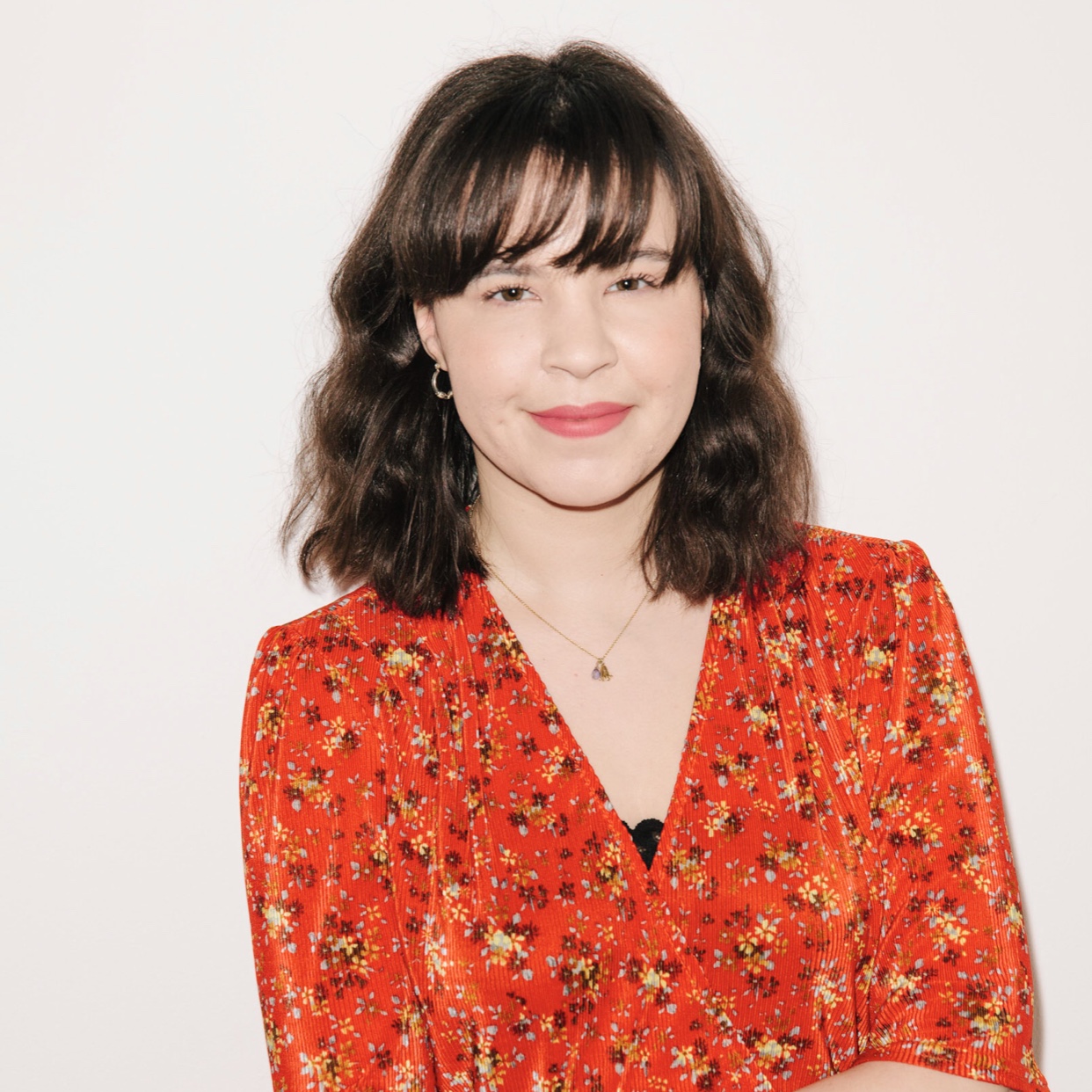
As someone who suffered major postpartum hair loss after having my second child, I am quick to notice anything unusual when it comes to hair shedding. Anyone who has been through hair loss will understand the knock to your confidence that it can cause, especially when the fallout has led to much thinner hair and bald patches. Thankfully, two years in, my hair is starting to feel thicker and full again; mainly thanks to a lot of time and patience. As for the couple of sparse spots that I still have? They’re nothing that can’t be hidden with a strategic ponytail and a grown-out fringe. Yet it’s no exaggeration to say that when I noticed that I was starting to lose quite a lot of hair again lately that I panicked and did what any sensible person—went straight to Google.
Unsurprisingly, the internet was not my friend when it came to delivering measured and sound advice on what might be behind my sudden hair loss. The results varied from the downright scary to the farcical (maybe it was my trusty rib-knit beanie behind my hair loss this whole time?!) but there was one potential explanation that kept cropping up which caught my attention: does hair shedding happen more during the winter months? The correlation between the colder weather hitting and my hair starting to fall out more definitely felt plausible, but I’m not one to take a Reddit forum as gospel.
Thankfully, my job means that I have some of the best experts in the business on speed dial to answer my beauty conundrums, and Hare & Bone’s resident trichologist Jade Summers was only more than happy to come to the rescue.
The best hair loss products: Quick Links
- Viviscal Maximum Strength Hair Growth Supplement, £56.99 | Lookfantastic
- Davines NaturalTech Energizing Seasonal Superactive, £67 | Sephora
- HairMax Laserband 41 ComfortFlex, £599.95 | HairMax
- Wild Nutrition Food-Grown Vitamin D, £17.50 | Wild Nutrition
- The INKEY List Glycolic Acid Exfoliating Scalp Scrub, £14 | Lookfantastic
- Living Proof Scalp Care Density Serum, £54 | Sephora
- Briogeo Destined for Density Shampoo, £30 | Sephora
What is hair loss?
“The normal amount of hair shedding is about 100 hairs a day, but one of the most common causes of rapid hair shedding is a condition called Telogen Effluvium or TE,” explains Jade. There are many things that can cause TE with some of the most common triggers being stress, illness, hormonal imbalances and vitamin and mineral deficiencies.
“Basically anything that upsets the body’s systemic balance can disrupt the normal hair growth cycle, leading to TE,” says Jade. “With TE, your hair essentially enters its telogen or resting phase of its growth cycle prematurely, meaning that you can lose up to 300 hairs per day. This is most noticeable when brushing or washing your hair, or even by a thinner ponytail.”
And, in winter, a lack of vitamin D might just be a trigger for kick starting this seasonal hair loss.
Does hair shed more in winter?
“Simply put, yes hair can shed more in autumn/winter than spring/summer due to a process known as seasonal shedding which is caused by multiple factors,” explains Jade. Effectively, the hair’s anagen phase, which is the active growth part of the hair’s natural cycle, is prolonged in the summer as your scalp needs more protection from UV rays. Once autumn hits and there’s less sunshine, your body sheds the hair as it no longer deems it necessary for protection—hence the increase in hair shedding.
“The lack of vitamin D in winter, which is very important for hair growth, might also contribute to the increase in hair loss during the season,” says Jade. And that’s not all. Here in the UK, the winter months tend to equal our hibernation season. We spend less time outdoors and more inside and these lifestyle changes can also contribute. “Less exercise and consuming more comfort foods with less nutritional value can lead to vitamin deficiencies and overall drop in wellbeing during colder months,” explains Jade.
What can we do to prevent seasonal hair loss?
Thankfully, seasonal shedding and TE in general tends to be short-term issue. “My main recommendation is always to identify the triggers if you can, but hair shedding will typically return to its normal growth cycle within two to four months, so try not to panic,” says Jade. Most importantly, Jade stresses that it’s important to not avoid washing your hair—something that I’ve done in the past as my hair loss is most noticeable on wash day when my hair can feel like it’s coming away in clumps.
“Although it may be daunting to see shedding, maintaining a healthy scalp microbiome is essential,” explains Jade. “This means regular washing with a shampoo and conditioner tailored to your hair and scalp needs.”
She also explains the importance of taking a holistic approach to hair and scalp health. “A healthy, balanced diet year-round, including protein and fresh, organic foods, and staying hydrated is key,” says Jade. Plus, if you have some more money to invest, then salon treatments like scalp facials at Hare & Bone or Low Level Laser Therapy (LLLT) at a trichology clinic are great options for improving scalp health and encouraging hair growth.
Ahead, Jade’s pick of the best hair loss products to combat seasonal shedding, as well as my own tried-and-tested recommendations.
1. Viviscal Maximum Strength Hair Growth Supplement
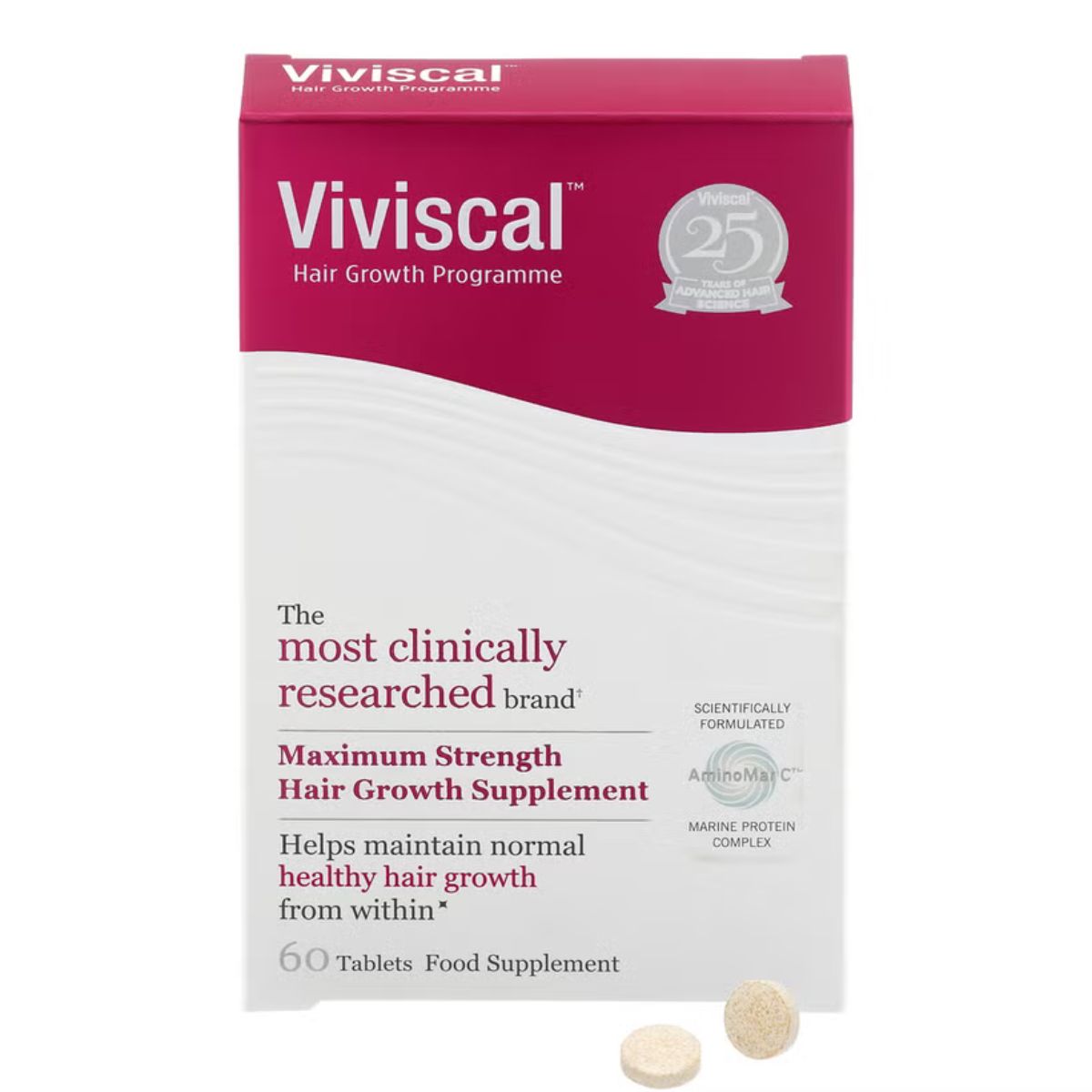
Viviscal Maximum Strength Hair Growth Supplement
Specifications
So many hair experts that I’ve spoken to in the past, as well as GPs and doctors, have recommended the Viviscal supplements when going through periods of hair loss—and Jade swears by them too. “The key ingredients are AminoMar C, a marine complex, biotin, apple extract and vitamin C, which can really help to prolong the hair’s anagen, or growing, phase,” explains Jade. You take a tablet twice a day for six months, or until you start to see results. I've been taking them for the last month and I’m convinced that my hair loss has already started to slow down.
2. Davines NaturalTech Energizing Seasonal Superactive
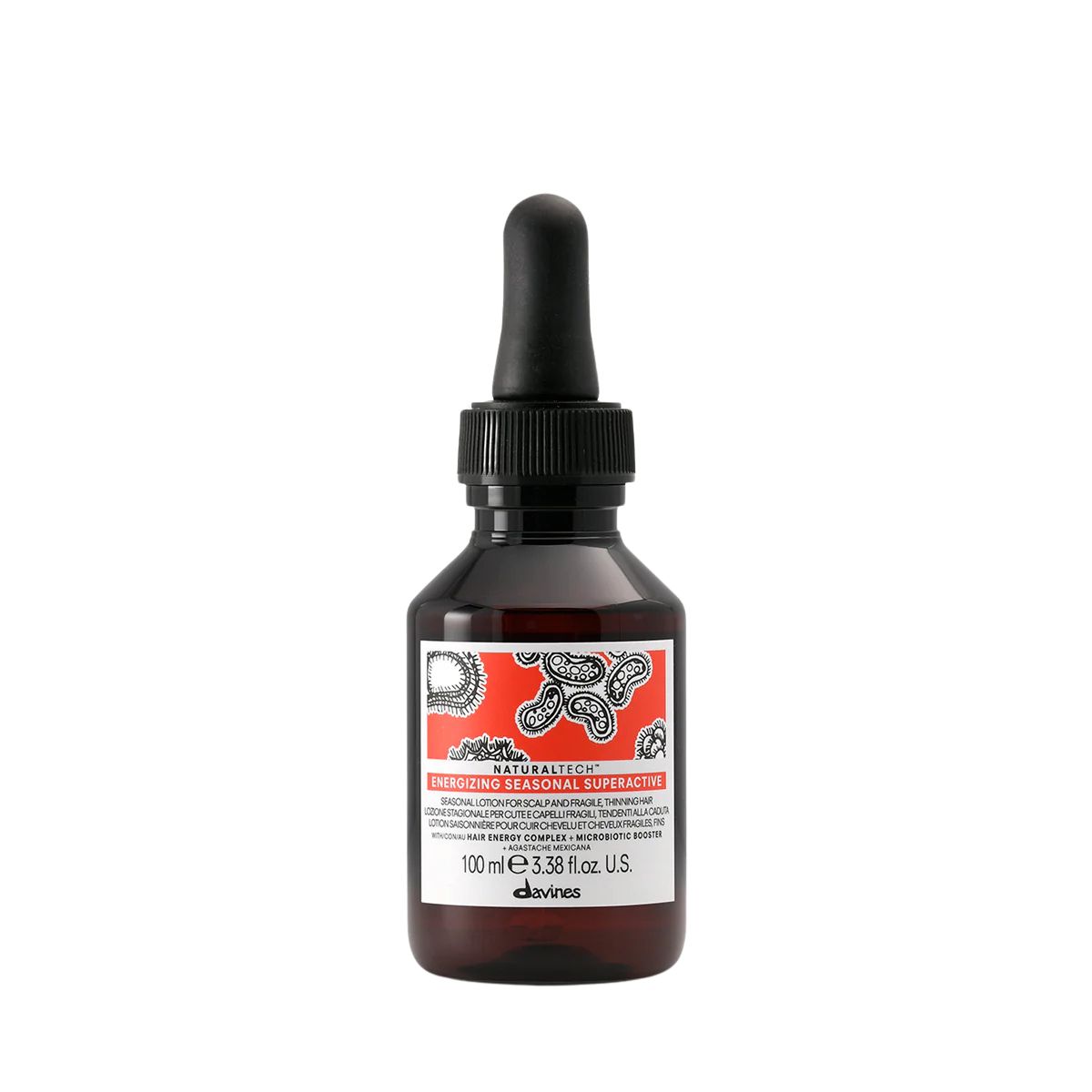
Davines NaturalTech Energizing Seasonal Superactive
Specifications
Jade recommends this topical scalp serum which you apply directly to hair follicles for supporting hair growth during seasonal shedding. The stimulating formulation not only feels amazing on irritated or dried-out scalps, but it actually reduces hair loss caused by seasonal factors and stress by up to 27% in just 56 days. As well as that, it improves the density and body of existing strands so your hair will feel and look a lot thicker over time.
3. HairMax Laserband 41 ComfortFlex
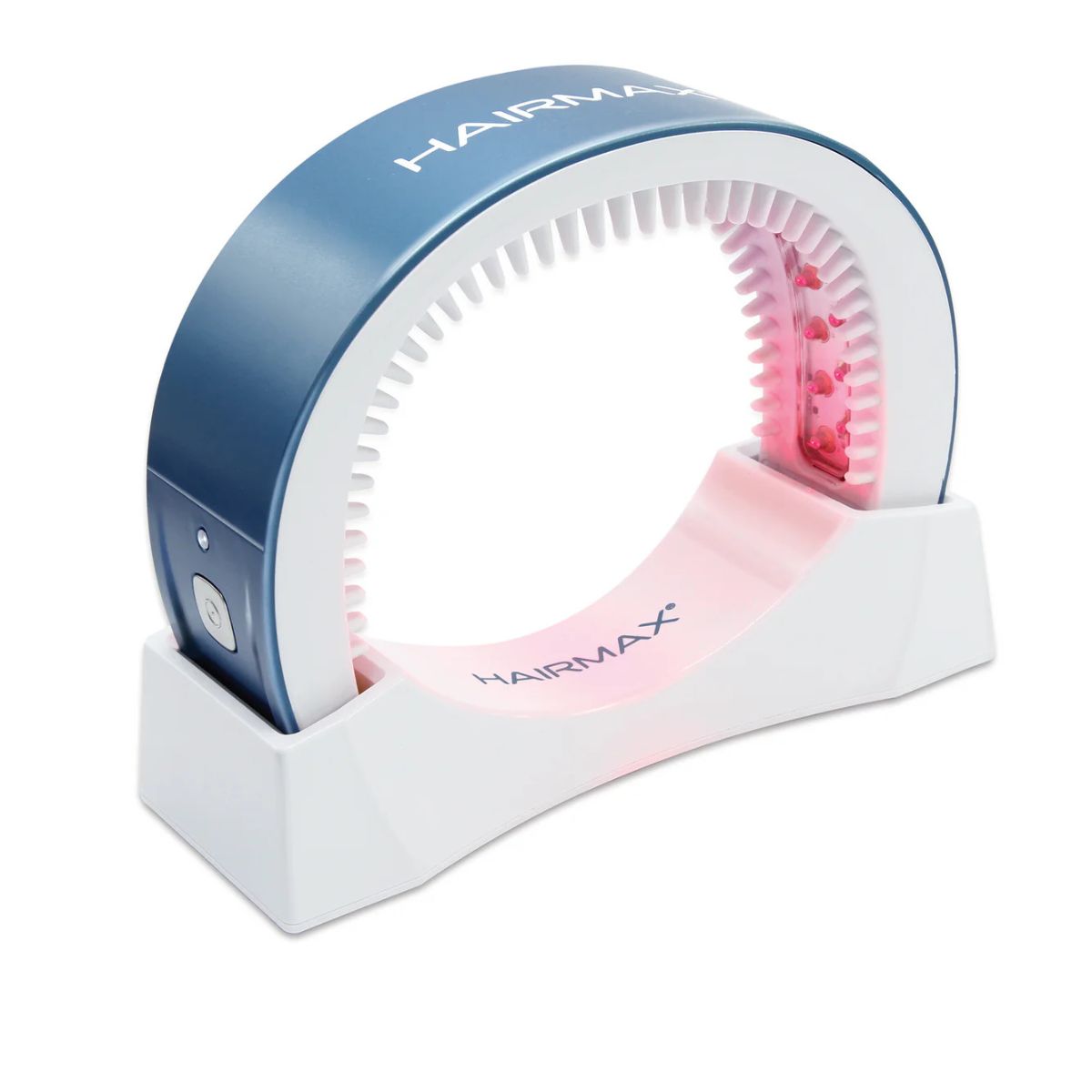
HairMax Laserband 41 ComfortFlex
Specifications
Low Level Laser Therapy, or LLLT, was one of Jade’s biggest recommendations for tackling hair growth where it starts—at the scalp. “This form of light therapy penetrates the skin, stimulating cells to produce protein,” she explains. “And while Trichology clinics offer this service in-salon, the HairMax device is FDA-approved and great for home use.” You simply pop this band on your head, much like a very OTT headband from the future, and the medical-grade lasers get to work delivering therapeutic light energy to your scalp to stimulate hair growth, prevent thinning and restore your hair’s natural growth cycle. Use it for three minutes a day, three days a week for best results.
4. Wild Nutrition Food-Grown Vitamin D
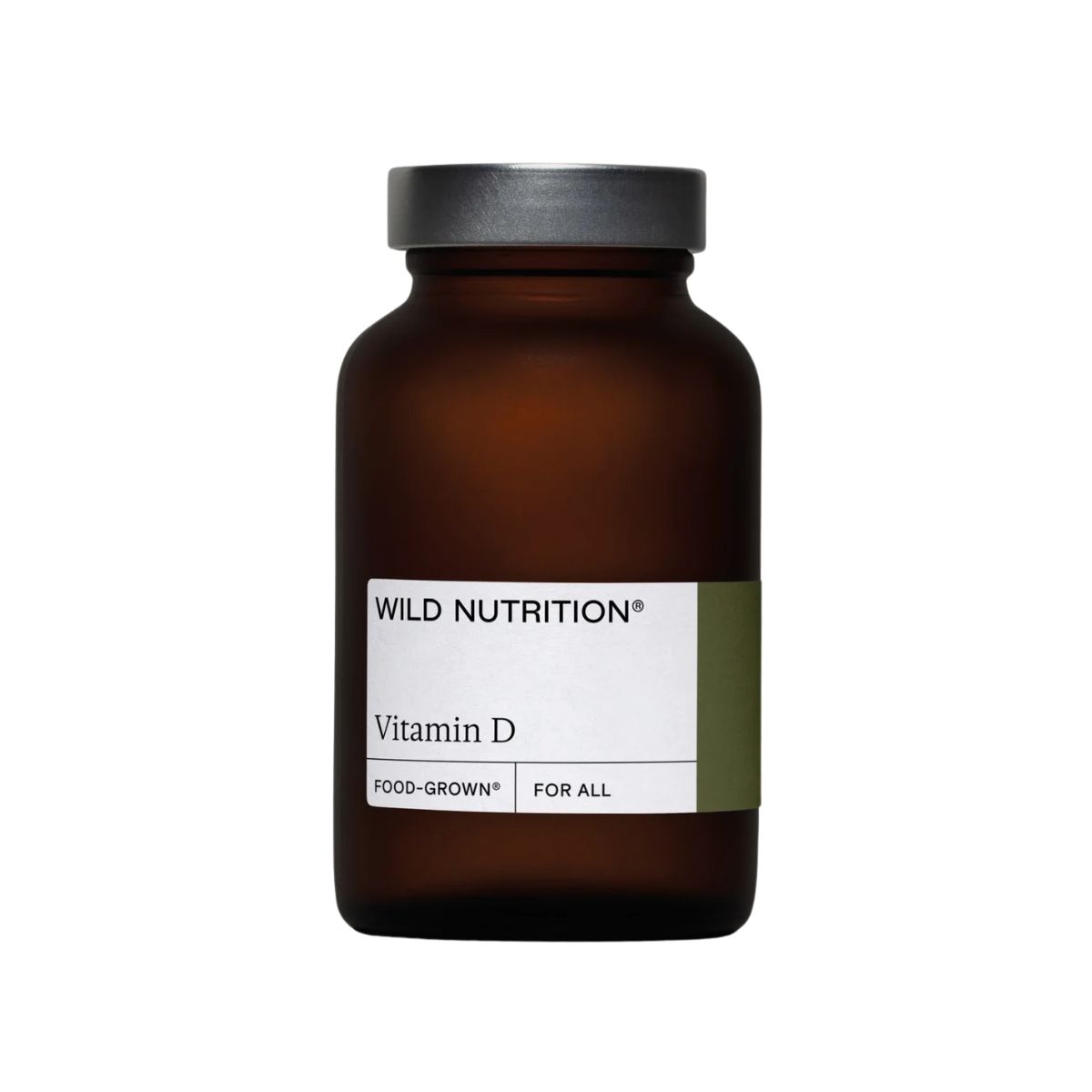
Wild Nutrition Food-Grown Vitamin D
Specifications
Along with struggling with low iron levels (another contributor to hair loss) I have recently found out that I’m deficient in vitamin D—which isn’t uncommon for those reading in the UK during the autumn/winter months but definitely contributes to hair fallout. Fellow editors have waxed lyrical about the Wild Nutrition supplements so these were first on my list to try, mainly due to the fact that an independent study found that Food-Grown® Vitamin D is 113% better absorbed and 106% better retained than leading high street capsules, and I wanted something that was going to work fast and effectively. It’s too soon to tell whether they’re working effectively (I’ll wait on my next lot of blood tests to determine that) but I love that you can subscribe for monthly delivery, and the fact that the pot looks chic enough to be left on the kitchen side means I haven’t forgotten to taken them once since they arrived.
5. The Inkey List Glycolic Acid Exfoliating Scalp Scrub
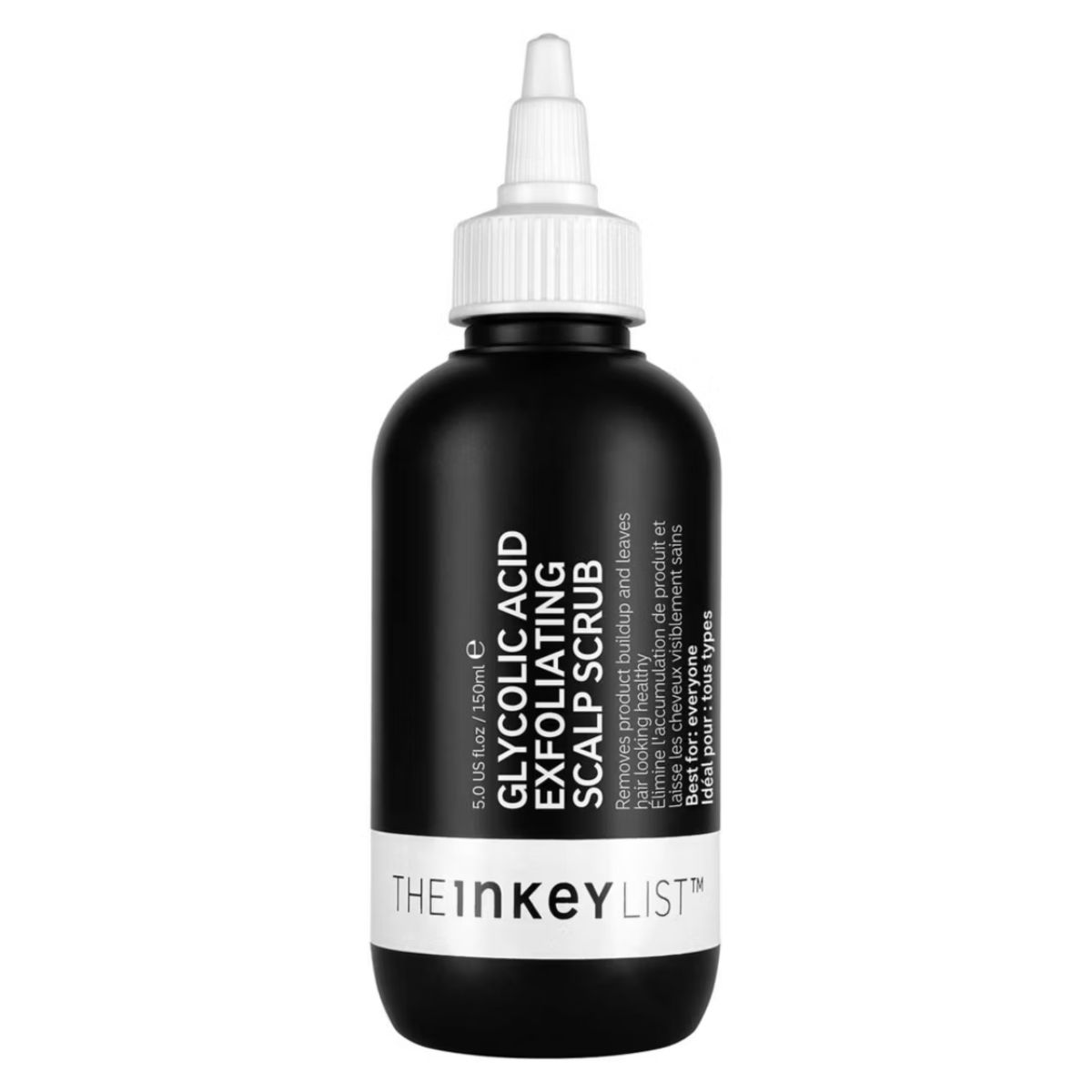
The Inkey List Glycolic Acid Exfoliating Scalp Scrub
Specifications
A scalp scrub might sound like the last thing you want to invest in when your hair is falling out—trust me, I get it. But while sloughing away at the dead skin cells on your head might feel like you’re encouraging more hair to fall out, keeping your scalp in optimum condition will only have good effects on your hair health and growth. Personally, I like this one from The Inkey Liste as it uses 7% glycolic acid to remove product build-up and dead skin cells rather than synthetic beads, so it feels more like a serum than a gritty scrub. However, if you do like the feeling of manual exfoliation, there are also castor beads made from hydrogenated castor oil which offer some physical grit without causing any irritation.
6. Living Proof Scalp Care Density Serum
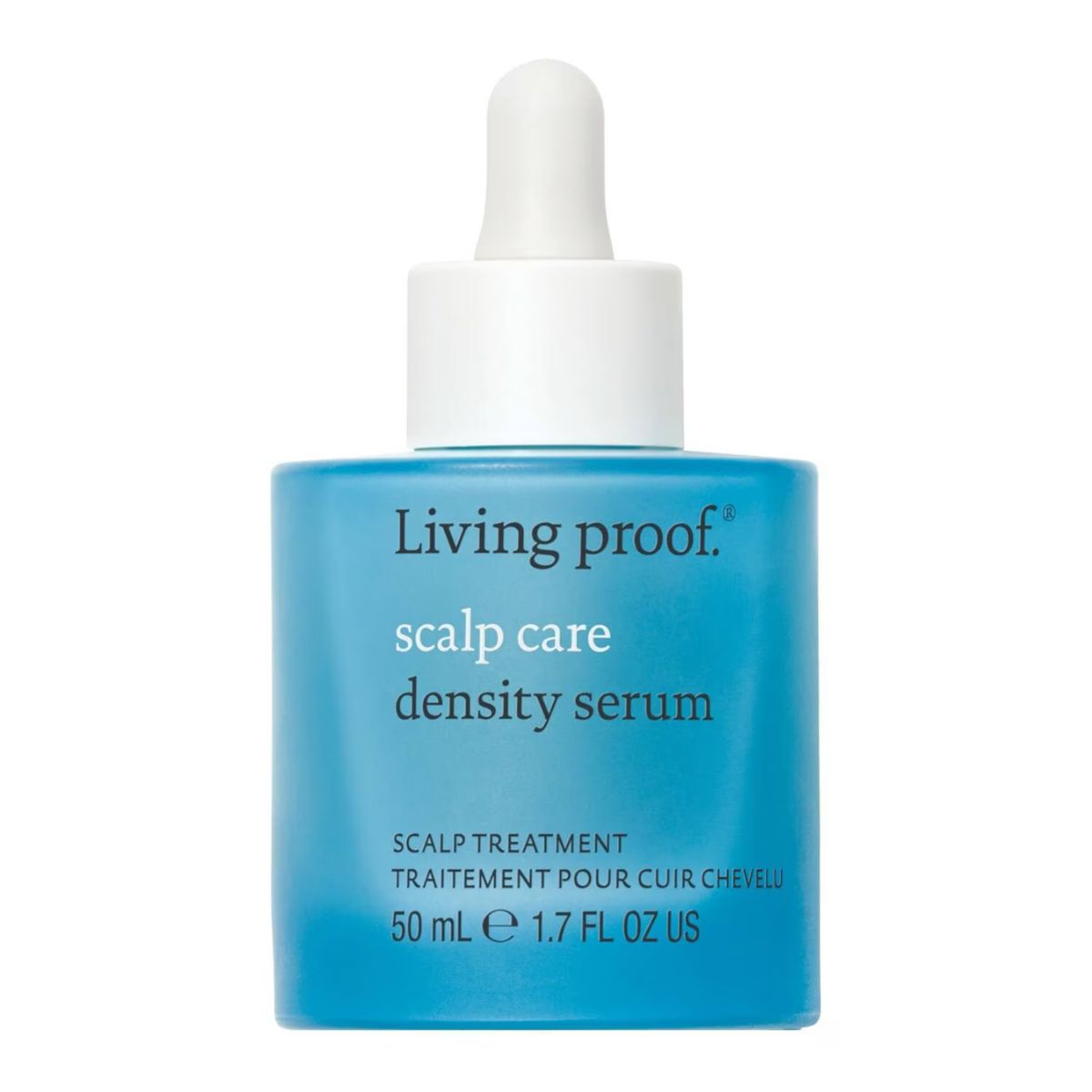
Living Proof Scalp Care Density Serum
Specifications
I’ve tried lots of hair serums promising to improve density in my time, but this is one of the very few that I feel has ever made a noticeable difference to my hair. First up, it’s so easy to use—you just apply two or three droppers onto your scalp and massage it in. There’s no need to rinse, you can use it on dry or damp hair, and you can apply it daily with no risk of your hair looking greasy or getting weighed down. Second of all, it works fast. Living Proof claims that you will see results in as little as 30 days and I used this amidst some of the worst postpartum hair loss and definitely think it was a turning point for me in terms of regrowth. Plus, the added bonus comes in the form of the anti-grey complex which uses a blend of antioxidants and amino acids to prevent and reduce the appearance of grey hairs—something which has been increasing for me rapidly over the last couple of years.
7. Briogeo Destined for Density Shampoo
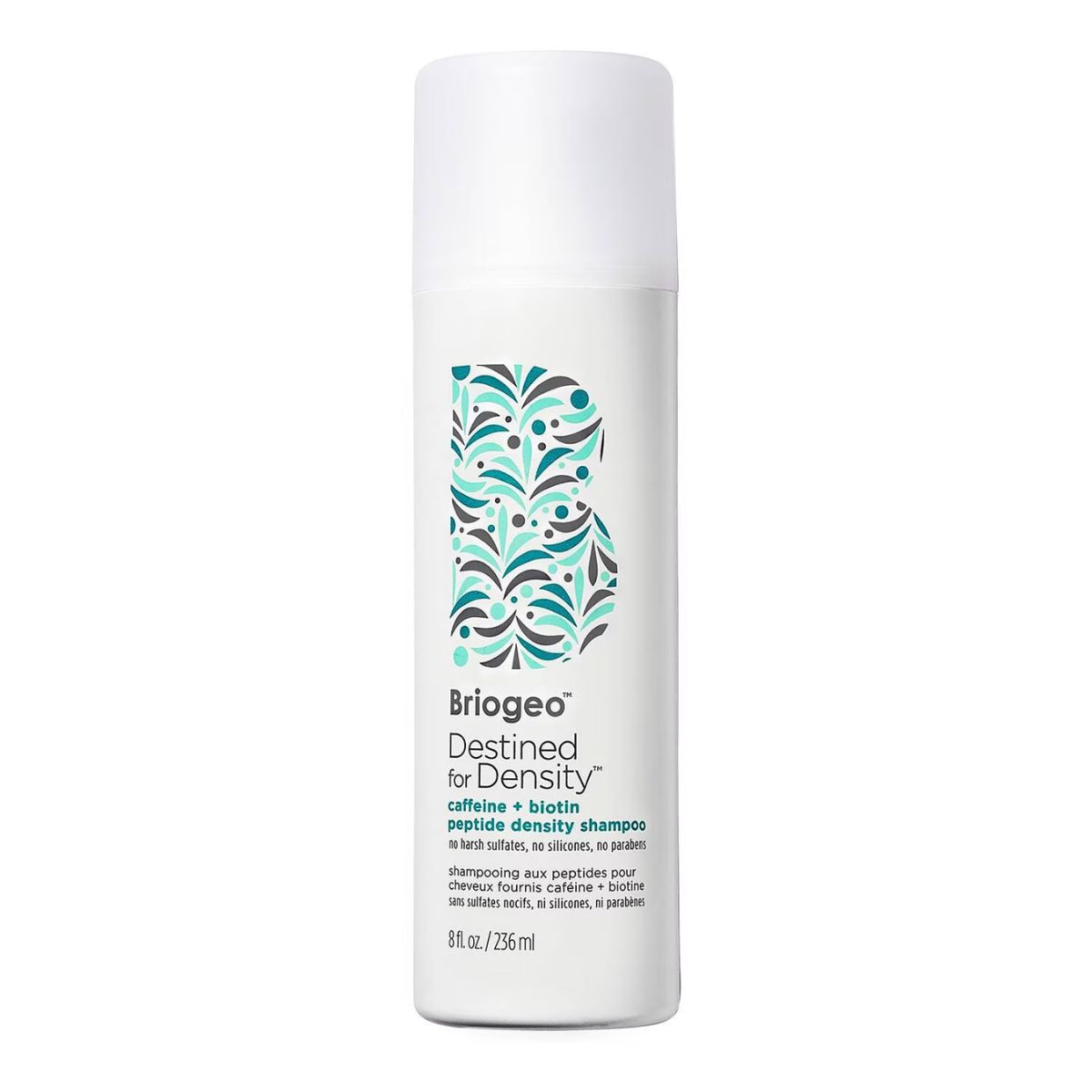
Briogeo Destined for Density Shampoo
Specifications
Switching out my usual shampoo for something more focused on hair growth is a simple but effective step when I’m dealing with hair loss, and this density-boosting formula from Briogeon is one of the best. It stimulates the scalp through an energy complex of caffeine, green coffee oil and CoQ10, but the star of the show is biotin—a vitamin known for its strengthening properties. In fact, a biotin deficiency can be one of the causes of thinning hair so it’s great to look out for. This shampoo noticeably nourishes, improves elasticity, and improves hair health—all while leaving hair clean, lightweight and smelling incredible.
8. Innersense Hair Renew Scalp Oil
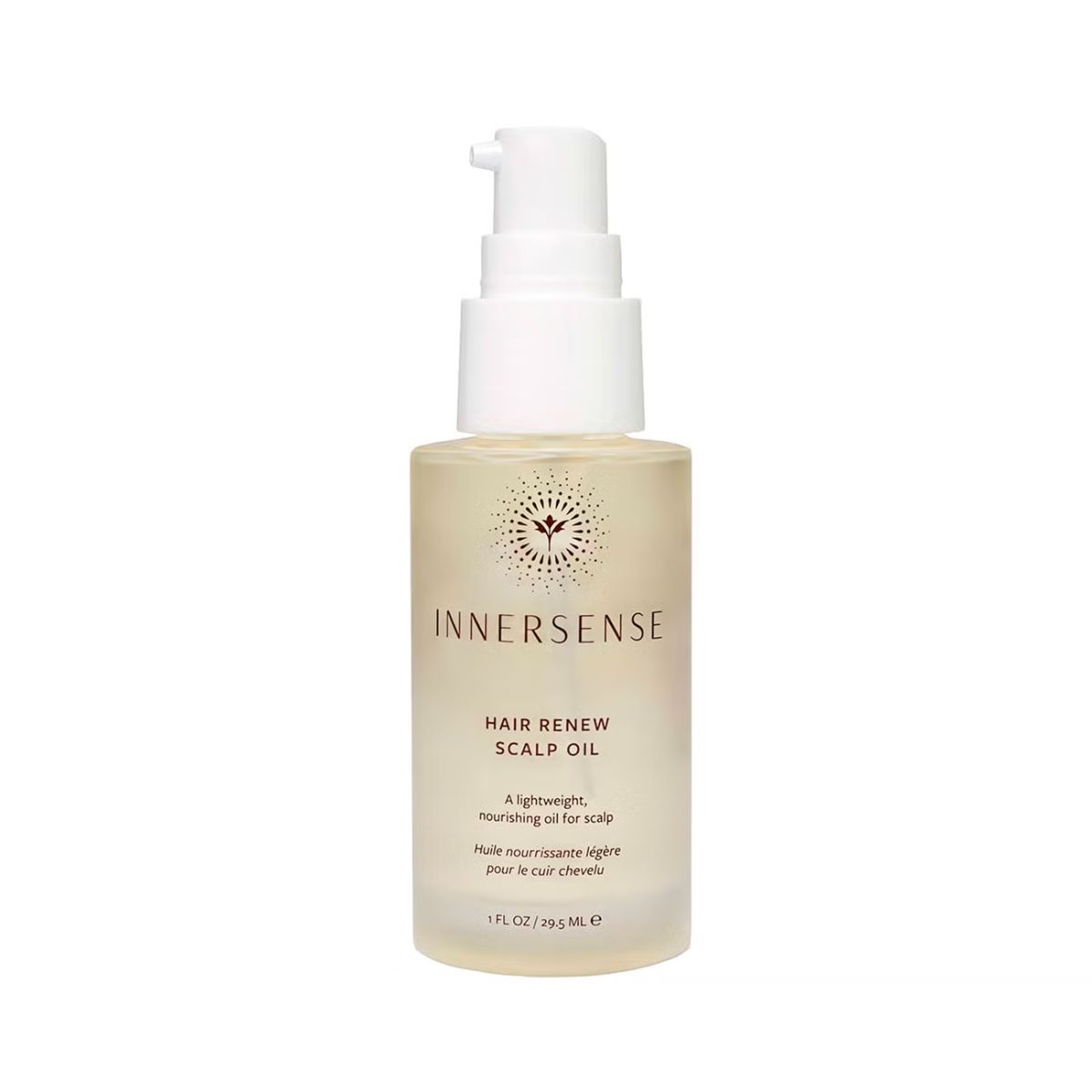
https://www.cultbeauty.co.uk/p/innersense-hair-renew-scalp-oil-29ml/14971366
Specifications
Dry scalps come hand in hand with winter weather, but this lightweight oil will get to work rehydrating dry scalps and nourishing roots to improve the overall health and comfort of your head. Using a natural blend of pomegranate seed, sunflower seed and sesame seed oils, it replenishes the skin barrier without leaving any hint of greasy residue behind.
Marie Claire Newsletter
Celebrity news, beauty, fashion advice, and fascinating features, delivered straight to your inbox!
Mica Ricketts is a freelance beauty editor and contributor to Marie Claire. She has written for titles including Refinery29 and Who What Wear UK, and also works with beauty brands on content messaging and marketing copy. She was previously Who What Wear UK's beauty editor. As someone that has tried basically every acne product on the market, she has a particular passion for debunking skincare myths and finding products that work. Plus, with two small children at home she is all about time-saving beauty routines that boost glow and disguise dark circles.
-
 Margot Robbie's new necklace has the most emotional meaning
Margot Robbie's new necklace has the most emotional meaningSo sweet
By Iris Goldsztajn
-
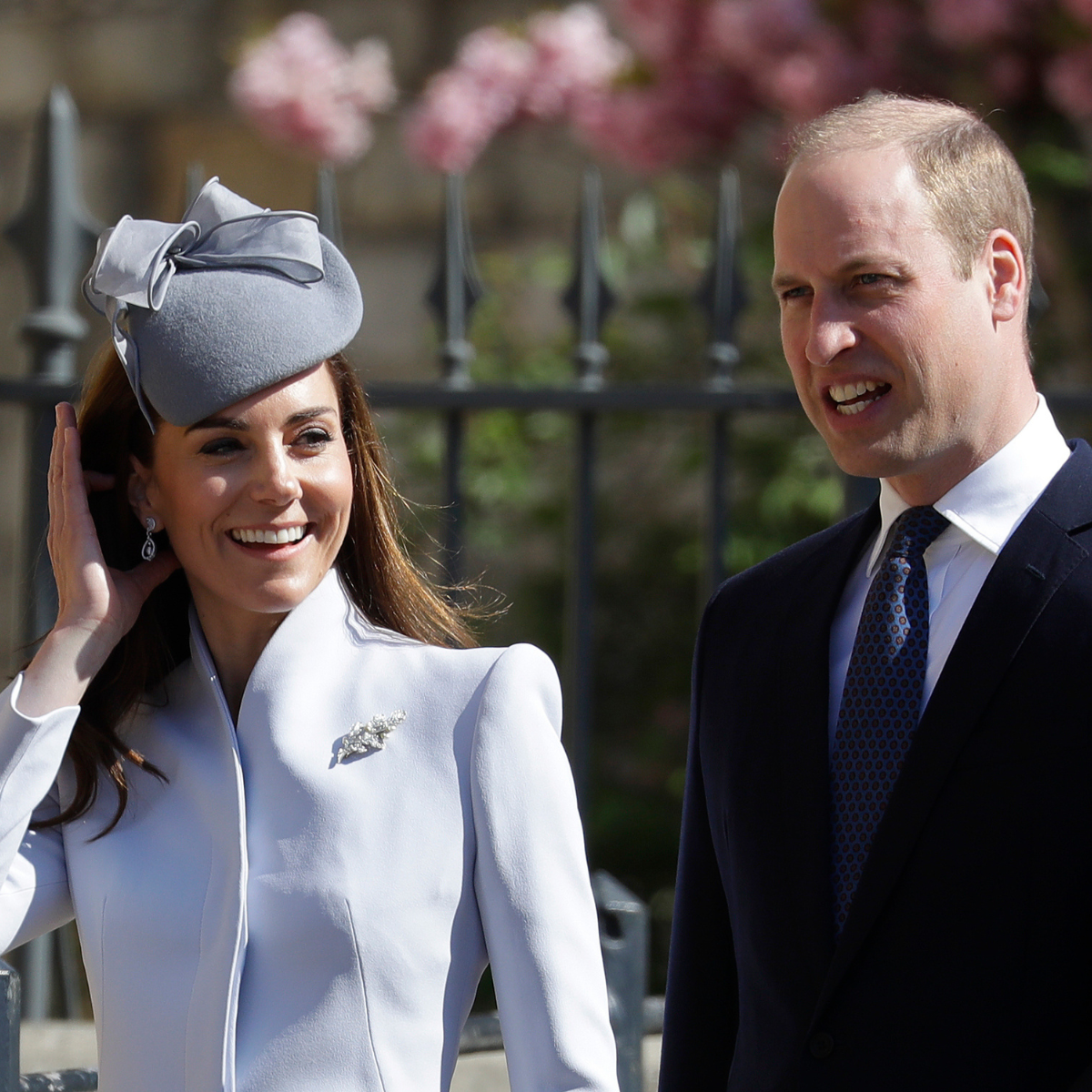 Why Kate and William made the shock decision to skip Easter service
Why Kate and William made the shock decision to skip Easter serviceThey're usually a mainstay at the annual event
By Iris Goldsztajn
-
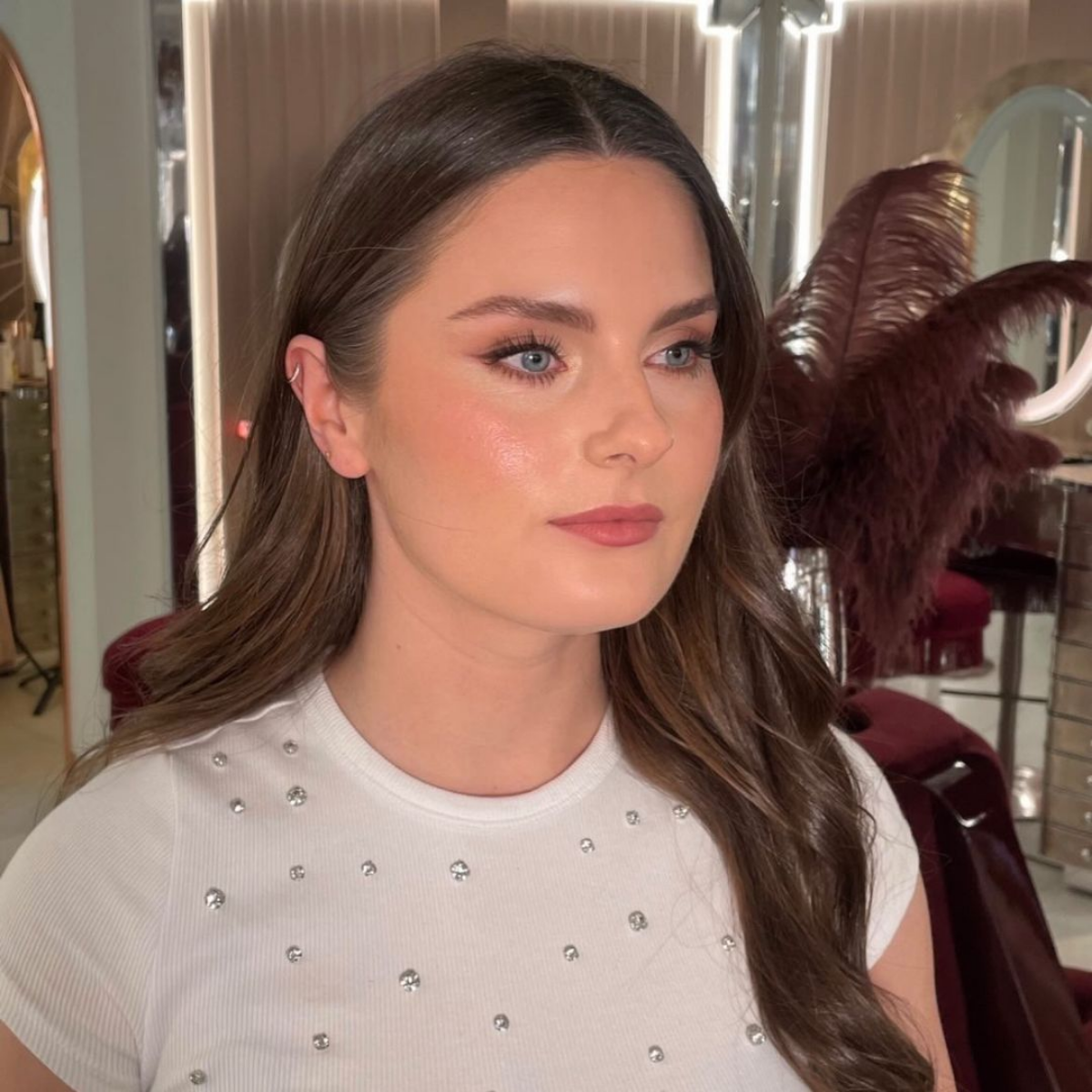 I tried Charlotte Tilbury’s bridal make-up service for my wedding, and *loved* it—here’s everything you need to know
I tried Charlotte Tilbury’s bridal make-up service for my wedding, and *loved* it—here’s everything you need to knowOne of my favourite beauty experiences to date
By Tori Crowther